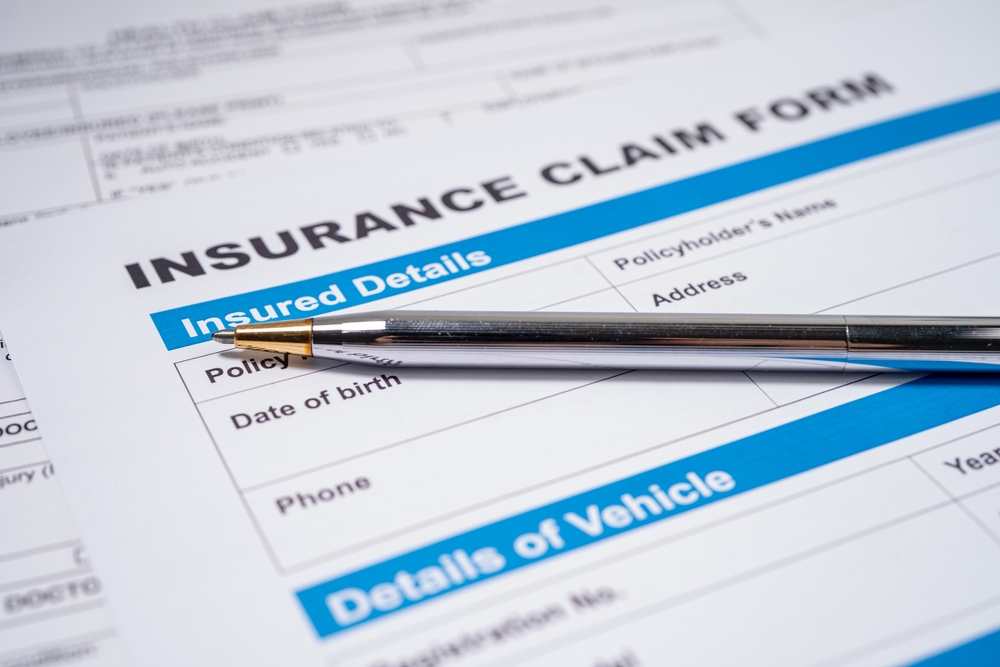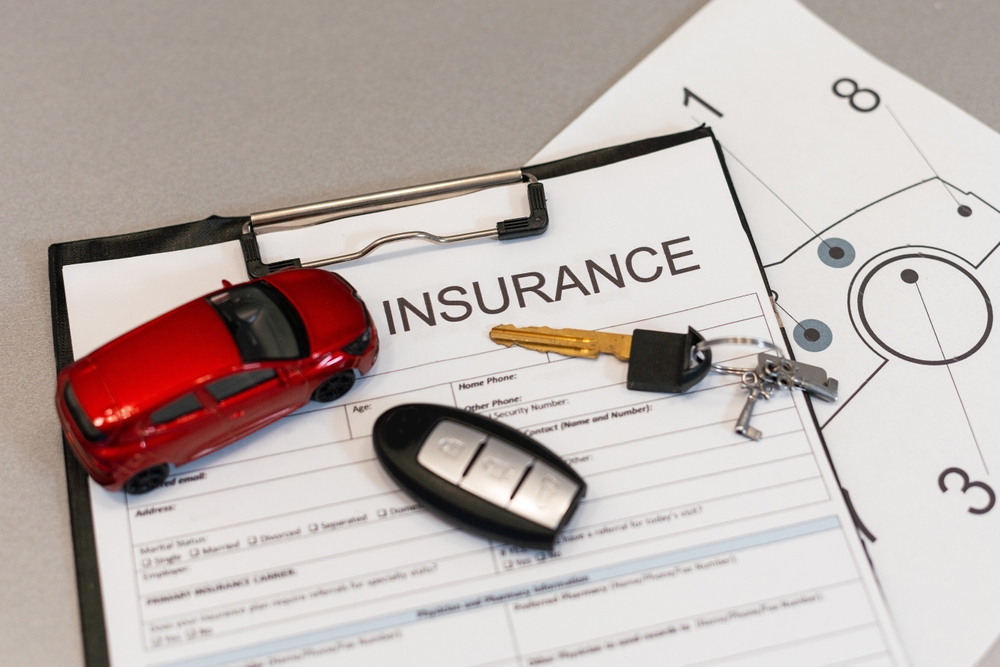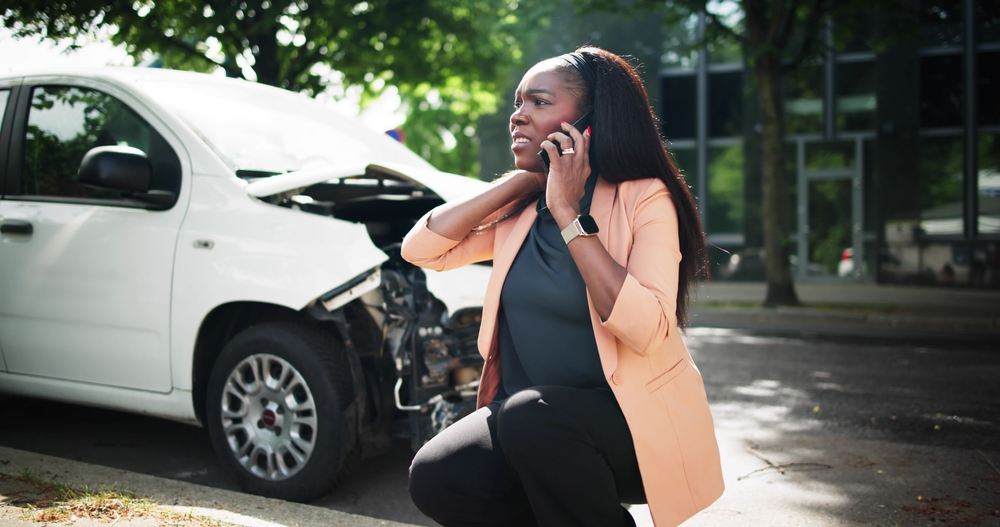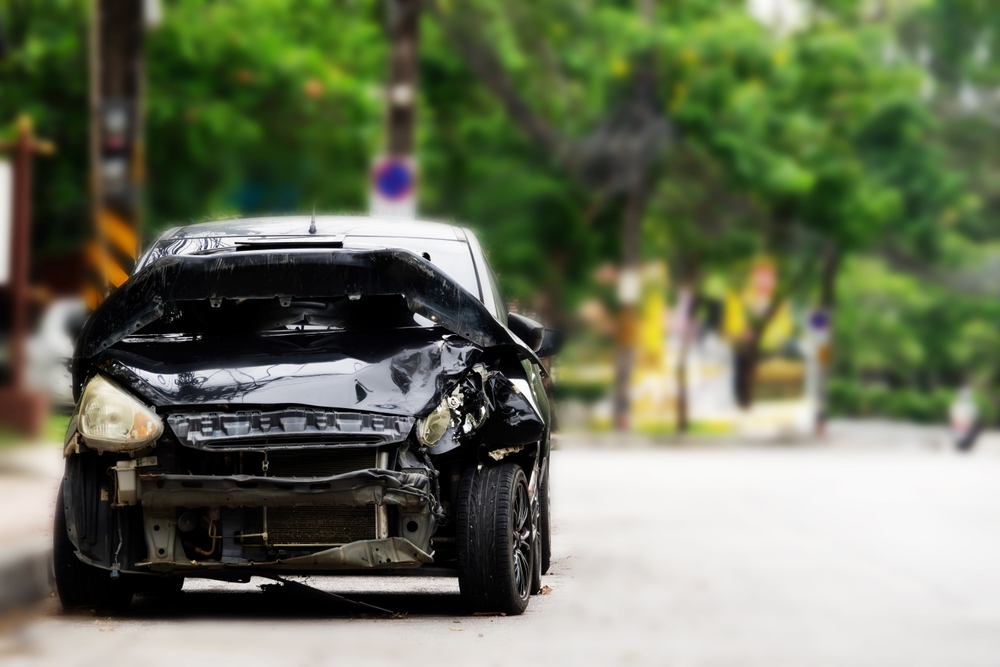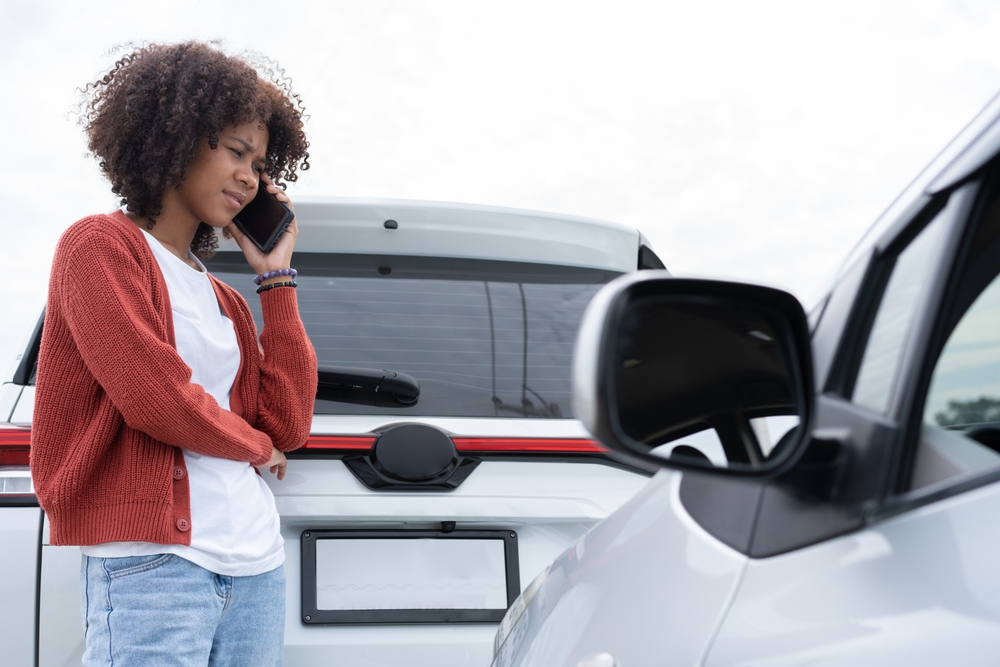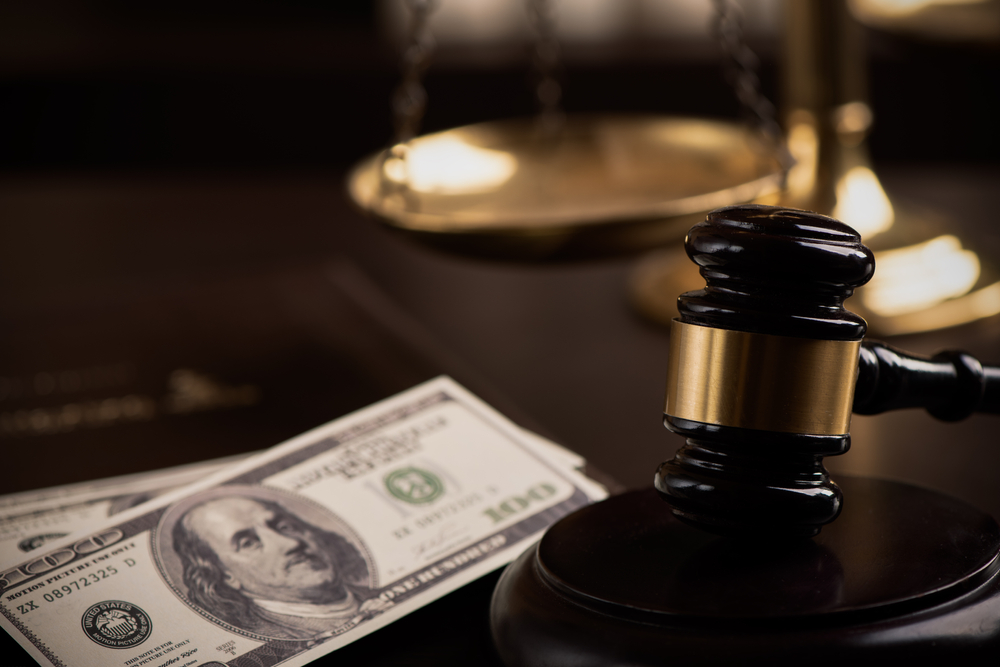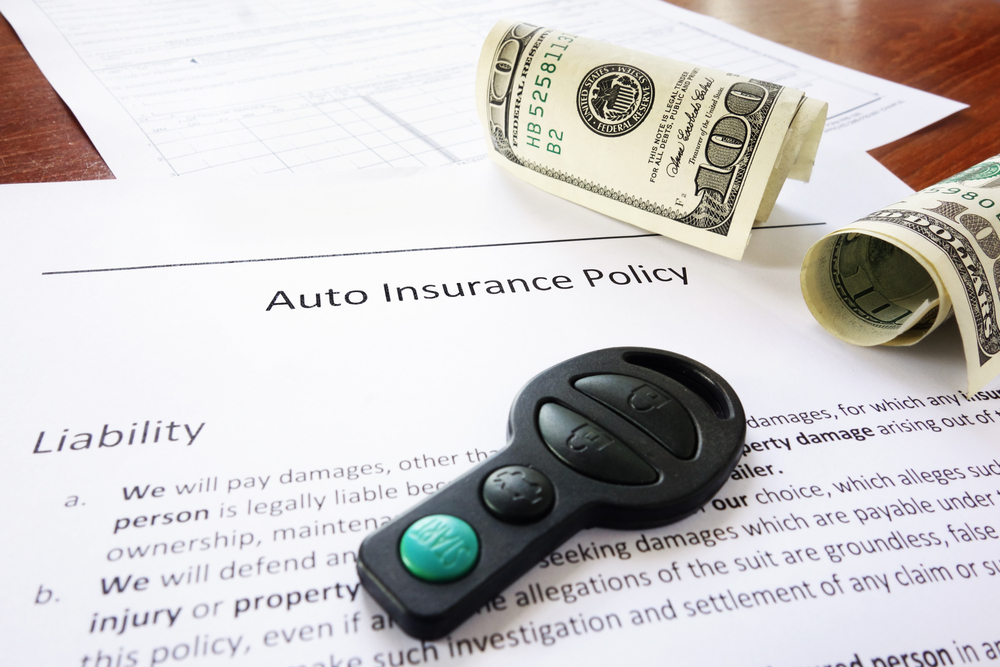Loaded with emotional and physical trauma, the moments following a car accident can feel overwhelming. However, you might be wondering: how long after an accident do you have to file a claim? Your decisions in the aftermath can significantly impact your ability to file a claim and receive compensation for your damages.
The time you have to file a car accident claim is written into Georgia law. Understanding this deadline and acting quickly can mean the difference between securing the compensation you deserve and losing your right to pursue a claim altogether.
In this article, Weatherby Law will review the critical requirements for filing a car accident claim in Georgia. We will outline the timeline in which accidents need to be reported and claims filed so that you can put your best foot forward when recovering from the car accident responsible for your injuries.
What Is the Statute of Limitations?
Though it varies by state, the statute of limitations is a legal countdown that caps how long you have to file a lawsuit after a car accident. This deadline exists to ensure that legal matters are resolved promptly while evidence is still fresh and reliable. Once this period expires, you lose your right to pursue legal action permanently—regardless of how strong your case might be.
The statute of limitations helps maintain the integrity of the legal process by encouraging proceedings while witnesses’ memories are clear and evidence is readily available, ensuring both parties have fair opportunities to present their cases.
Georgia Statute of Limitations for Car Accident Claims
In Georgia, the deadline to file your car accident claim depends on the type of damages you’re seeking.
Georgia Statute of Limitations for Personal Injury
For personal injury claims resulting from car accidents, you have two years from the date of the accident to file a lawsuit.
Georgia Statute of Limitations for Property Damage
If you’re only seeking compensation for property damage to your vehicle, you have four years to initiate legal proceedings.
It’s important to note that these deadlines can vary significantly when government vehicles are involved:
- Claims involving city or county vehicles must typically be filed within six months.
- Accidents involving state-owned vehicles have a one-year deadline.
Additionally, certain circumstances may extend or “toll” these deadlines, such as cases involving minors or individuals who were incapacitated at the time of the accident.
The Importance of Filing Early
While the statute of limitations in Georgia provides two years to file a claim, waiting until that deadline approaches can severely hamper your case’s success. Alternatively, early filing offers several crucial advantages:
- First, it ensures that critical evidence is preserved before it disappears or deteriorates. Accident scenes get cleared, vehicles get repaired, and witnesses’ memories fade with time. By acting promptly, you maintain access to valuable evidence that can strengthen your claim.
- Second, filing early gives you stronger leverage in insurance negotiations. Insurance companies may view delayed claims with skepticism, potentially arguing that your injuries or property damage weren’t caused by the accident in question. Georgia law requires reporting accidents involving injuries, deaths, or property damage exceeding $500 to law enforcement immediately. Similarly, most insurance policies require notification within 24 hours of the accident.
- Lastly, filing your claim early allows adequate time to negotiate with insurance companies and pursue legal action if negotiations fail. Remember: if you wait until the statute of limitations in Georgia expires, you not only lose your right to sue but also weaken your position in settlement negotiations.
Other Critical Deadlines in Georgia
Several other time-sensitive requirements should be considered after a car accident. Meeting these deadlines will protect your legal rights and directly strengthen your claim.
Notify Your Insurance Company About the Accident
Insurance companies typically require notification within 24 hours of the accident—even if you weren’t at fault. Failing to promptly report the accident to your insurer could violate your policy terms and compromise your coverage.
Seek Medical Attention and Document Your Injuries
Medical documentation also plays a critical role in your claim’s success. Even if your injuries seem minor, seeking medical attention within a week of the accident is essential. Some serious conditions, including traumatic brain injuries, may not show immediate symptoms. Prompt medical evaluation creates a clear link between the accident and your injuries, which will later prove invaluable for your claim.
What Happens If You Miss the Deadline?
The consequences of missing Georgia’s statute of limitations are severe and typically irreversible. Courts will almost certainly dismiss any lawsuit filed after the two-year deadline—regardless of how serious your injuries are or how strong your case might be. This dismissal effectively terminates your right to seek compensation through legal means, leaving you personally responsible for all accident-related expenses.
Additionally, insurance companies understand the importance of these deadlines and may use delayed filing against you. If you wait too long to initiate your claim, you might run out of time to file a lawsuit amidst ongoing insurance negotiations. This weakened negotiating position often results in lower settlement offers or even outright claim denials.
Tips for Meeting Filing Deadlines
To protect your rights and ensure compliance with Georgia’s statute of limitations for personal injury, follow these essential steps after a car accident:
Immediate Actions (Within 24 Hours)
- Report the accident to law enforcement and obtain an official police report.
- Document the accident scene with photos and videos if possible.
- Gather contact information from witnesses.
- Notify your insurance company of the accident.
- Seek medical attention for any injuries, even if they seem minor.
Within the First Week
- Schedule a follow-up medical examination.
- Begin collecting and organizing all accident-related documentation.
- Start a detailed record of all medical treatments and related expenses.
- Consult with a personal injury attorney to understand your rights.
Ongoing Steps
- Maintain a comprehensive file of all accident-related documents.
- Keep detailed records of medical treatments and rehabilitation.
- Document any work missed due to injuries.
- Save all correspondence with insurance companies.
- Consistently follow your medical provider’s treatment recommendations.
How a Personal Injury Lawyer Can Help
While these deadlines may seem overwhelming, a resourceful car accident lawyer can help manage them so that you can focus on healing. Hiring a lawyer early on in the process ensures proper documentation, timely filing, and protection of your legal rights throughout the claim.
Insurance companies, despite their friendly commercials, are ultimately driven by profit. They have teams of adjusters and lawyers whose main objective is to minimize claim payouts.
A skilled car accident lawyer helps level the playing field by calculating and justifying the true worth of your claim—looking deeper than surface-level medical expenses and vehicle repairs. They take into account long-term costs such as ongoing physical therapy, potential future medical treatments, and the impact of catastrophic injuries on your ability to earn a living.
Act Now to Protect Your Rights — Contact Weatherby Law Firm Today!
If you’ve been injured in a car accident, contact a car accident lawyer while the evidence is still fresh and the statute of limitations is still active.
At Weatherby Law, we play a vital role in helping accident victims recover from injuries. By collecting evidence, handling complex legal processes, and filing paperwork by its required deadlines, we award our clients the maximum compensation possible to cover their medical expenses and pain & suffering. We are well-versed in these situations and know exactly what steps to take—and when to take them—to ensure you receive a fair settlement for your damages.
At Weatherby Law, our attorneys take a comprehensive approach to managing your case, ensuring no detail is overlooked. We’ve successfully handled thousands of car accident cases, giving us invaluable insights that protect our client’s rights to compensation.

